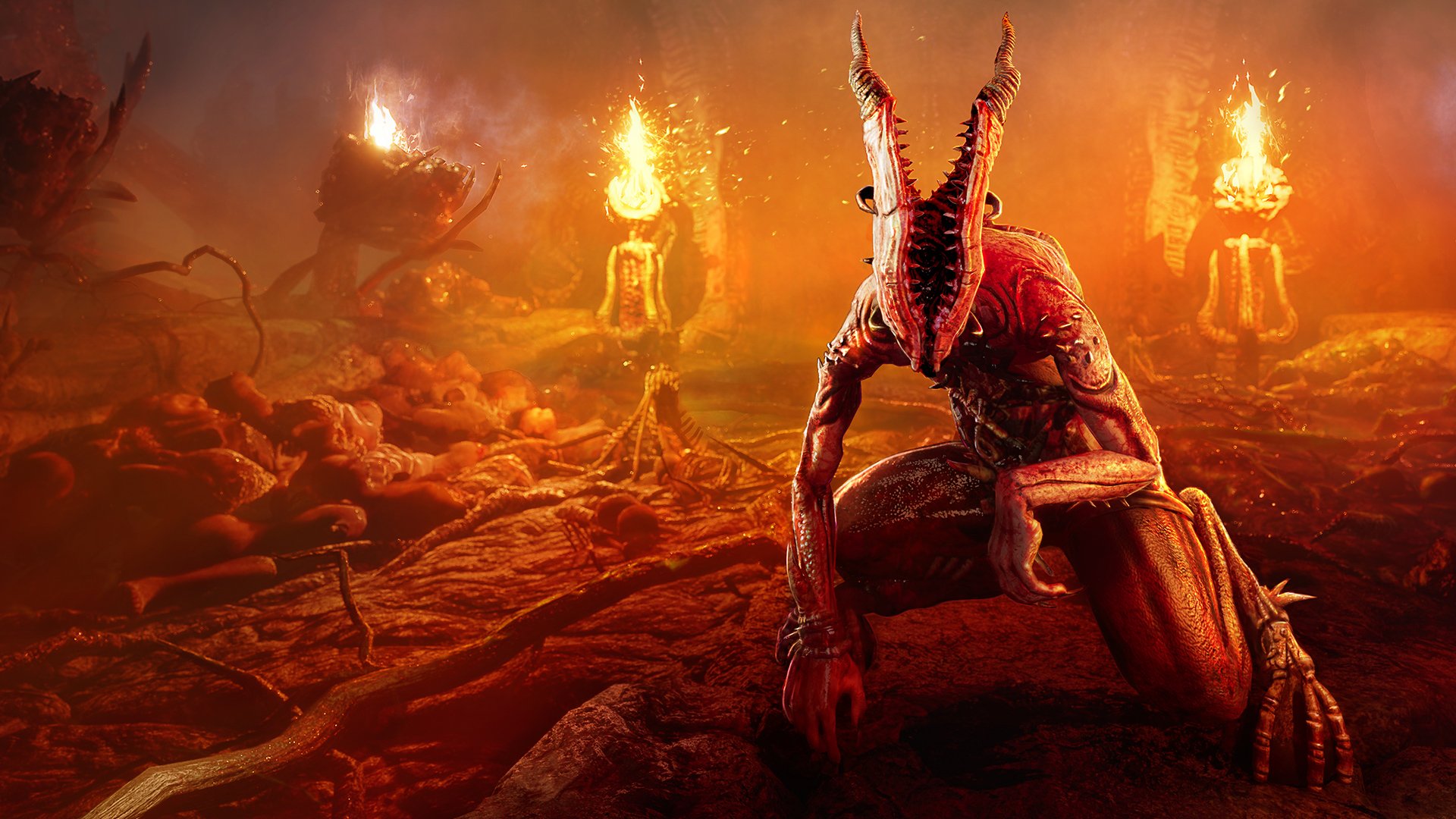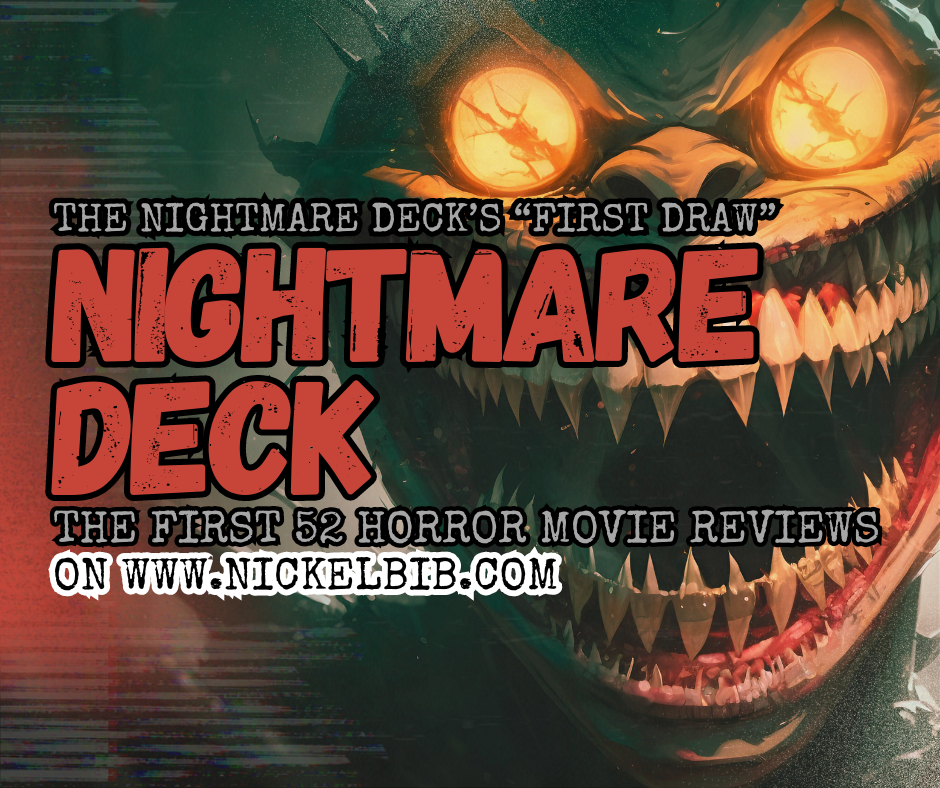I’ll be honest with you; Jordan Peele was never on my radar as a movie fan. I knew of him, as in, I knew of his Comedy Central show Keene & Peele and I knew of his comedy film Keanu, but I never expected he’d be someone to watch out for.
Then, in early-2017, Peele made his directorial debut with the film Get Out, a rare horror to receive critical acclaim from critics, that did well at the box-office, especially at a domestic level. In the United States, Get Out became Blumhouse Production’s crown-jewel, dethroning the record M. Night Shyamalon’s Split set only a month or so prior, and defending the title against David Gordon Greene’s monstrous Halloween reboot the year after.
I watched the film with modest expectations. I know how critics sometimes have this reactionary, knee-jerk response to new directors when they’re at all competent, and I didn’t want to let the public-response oversell me on a director’s freshman effort.
Personally, I enjoyed the film. I don’t know if I was as over the moon by it as many, but I enjoyed the surrealist concept, the acting performances, and Jordan Peele’s skills of the craft. It was a good film in a genre too often crowded in mediocrity and was head-and-shoulders better than what most directors do in their first go around.
As much as I did enjoy Get Out, I found myself looking forward with more excitement. In a single swoop, Jordan Peele became a director’s director, a filmmaker who can sell his film off the back of who he is, which, in turn, allows him the opportunity to do more unique, original films as a result. That’s why I was excited when I found out about Jordan Peele’s latest horror film Us.
There is a certain poetic beauty to how well Jordan Peele’s second film was able to mirror its predecessor. Not only did Jordan manage to avoid a sophomore slump, but the film’s critical reception was a near perfect parallel and the box-office separation between the films was less than a million dollars, it’s literally the difference between 254.7 million and 255.4 million, and 94% and 98% on Rotten Tomatoes. Jordan Peele can call it another feather in his cap, but where does the film stand amongst horror’s finest? Here are my thoughts …
The film’s story is deceptively straightforward, offering a simple conflict that finds further depth when its allowed to peel back the layers. In 1986, a young girl is on-vacation with her parents in Santa Cruz, when she wanders off from her father. She soon finds herself (no pun intended) in a hall of mirrors where she encounters her doppelganger.
Later, when her parents find her, she is traumatized and distressed, unable to speak. The film skips ahead to present day, and now, the young girl Adelaide is an adult, who seems to have moved on from her childhood trauma. Not only can she speak, but she is now married with two children. Everything appears to be well, with them enjoying a family vacation, until a family of four appears in their driveway. They soon come to realize that the four intruders are, in-fact, doppelgangers of each member of their family.
The concept alone drew my attention to this film. The idea is brilliant and yet obvious, and it’s surprising it hasn’t been done to death. It’s a concept I think anyone can easily place themselves into and might have even imagined once or twice before, wondering what they’d do if their doppelganger showed up at their doorsteps. Imagine if no one knew that doppelganger existed, for instance? Or, if that doppelganger wasn’t friendly. Us provides an idea easy to wrap oneself around, and builds onto it with a twisty, surreal concept.
Us entices with a likable cast of characters, led by Lupita Nyong’o dual performance as both Adelaide and Red, respectively, her husband played by Winston Duke, and, of course, the children. Lupita steals the show every time she’s on the screen, and paradoxically, finds way to steal the show from herself. Although, the teenage Red played by Ashley McCoy cocking her head to the side with a sinister smile are the stuff nightmares are made of. The film’s attention-to-detail, use of sound, and symbolism is subtle, yet loudly prevalent. Like Get Out’s commentary on racism, Us provides a perspective on the darker side of the American experience and the idea of privilege and the lack thereof.
Something I hoped about this film, but hadn’t fully anticipated, is how creepy it is. Certain scenes truly amount to a visual feast, and although it blends humor on occasion, I found it remained consistent with the rest of the film. It’s a strange film, but that’s entirely what makes it so endearing, and why it makes Jordan Peele such a welcoming addition to the horror genre. The film has something on its mind other than to scare you, and it’s refreshing to have a horror film operating on all cylinders as such. It’s food for thought and even if you might be able to predict story turns before they arrive, it feels like a deliberate decision. As though it’s not meant to shock you, but to unweave itself for you to enjoy as a sum of its parts.
Although I certainly enjoyed Get Out, it is with Us I am officially able to climb aboard the Jordan Peele bandwagon. The film is a masterful horror-thriller, that rides its concept to a satisfying and creative conclusion.






GIPHY App Key not set. Please check settings